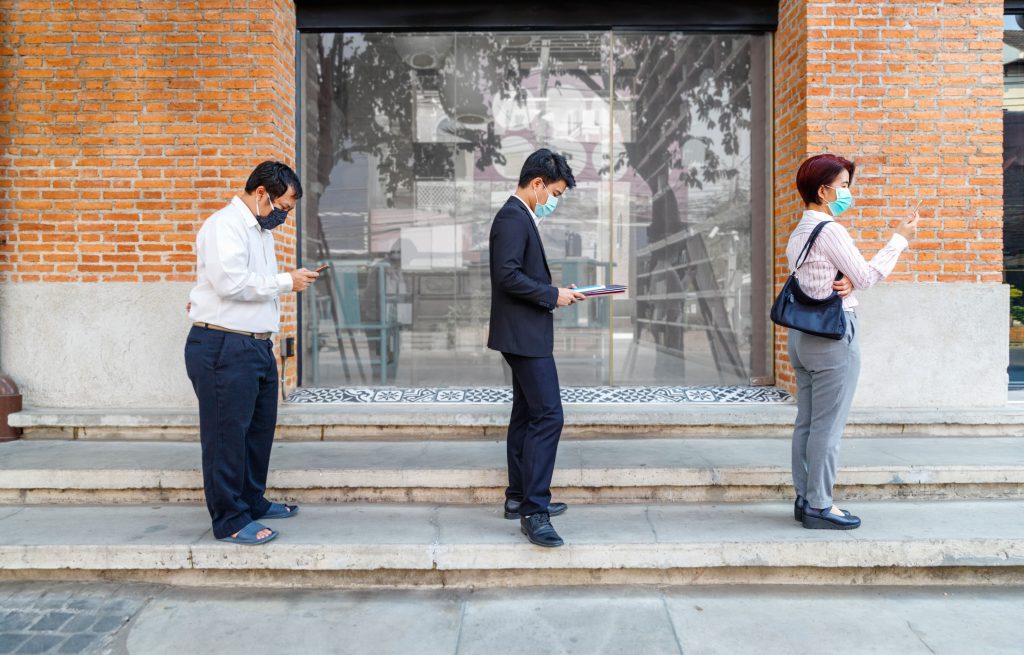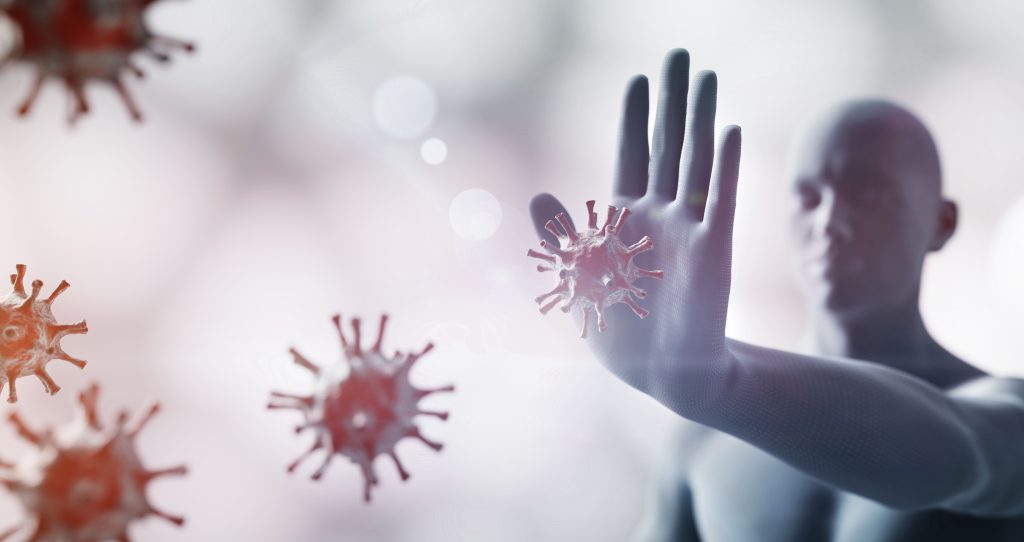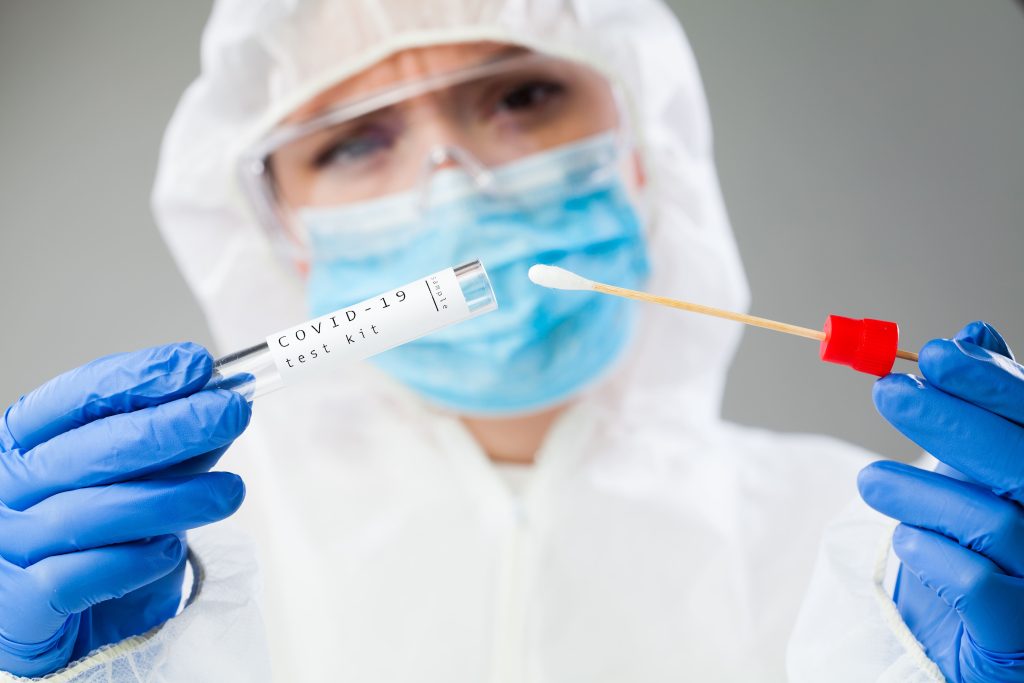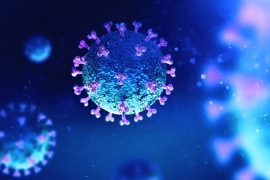The recent surge of the Omicron virus affecting the bulk of the population in most countries absolved the fear of the pandemic to a considerable extent. The Omicron B.1.1.529 variant or the South African variant increased infection rate and re-infection even on vaccinated and pre-infected people, ranging from a severe to mild viral attack. B.A.2 sub-variant Omicron may have worsened and peaked infections but did not cause severity and the same impact as the Delta virus.
What changed the perspective of the Pandemic?
However, the good thing about this variant is that it lasted for a week, allowing for faster recovery time. This behaviour of the omicron waves provoked people from dropping masks. Companies, too, felt that the Corona wave was finally over and offices opened to re-welcome employees, social events came back in full force, and for all appearances, we are bidding goodbye to the corona virus even if it may not have left us.
In the United States, the Centres for Disease Control and Prevention’s (CDC) Rochelle Wolensky, in a statement, revealed amid the Omicron wave that people should be given a break from wearing masks when the metrics are better and when the situation worsens, they can be prompted to wearing it again. In Europe, too many countries have done away with the mask and social distancing. However, the World Health Organisation warns not to drop guard, and caution is the best way to downward the curve. The death rate is still increasing worldwide, though reported positive cases have decreased.
After every three months of the international public health emergency, the experts that advised the World Health Organisation (WHO) assess the pandemic to determine whether it merits the same level of caution. In 2022 January, it was unanimously agreed that it does, and the verdict was met with acceptance from the WHO Director-General Tedros Adhanom Ghebreyesus. Although Denmark, the Netherlands, and the United Kingdom have let off an official declaration for the end of the pandemic and have lifted most of the restrictions, countries like New Zealand are still cautious.



How can we check the spread of future COVID 19 viruses?
With the Omicron wave, we have realised that it is imperative to take steps against this rampant pandemic attack, and the only way we can achieve this is by continuing to follow responsible preventive behaviour. The vaccines may have failed in preventing infection, but we must not forget that those vaccinated were protected from the severity of the variant. Death was much less than the Delta variant, and most cases could be controlled with home isolation treatment. Those who had been administered booster doses were well protected from the Omicron virus. Countries where at least one dose of the CORONA vaccine was taken, saw a significantly lower hospitalisation. In countries where the vaccine coverage was intense, cases of hospitalisation and death were recorded in more significant numbers.



Behavioral developments in people
The pandemic has also revealed an interesting behavioural response from people from different countries and governments. They are under the impression that the health risks associated with COVID 19 will not affect them; it could be related to their vaccination status or some other reason. After the Omicron wave, some governments have concluded that lockdowns are not beneficial to the larger society, and the economic setback it causes affects a larger population, with its outreach being equal to the impact of the pandemic. Governments, though, are strictly adhering to the vaccine policy.
Future variants
Moving further, there is some amount of scepticism concerning future variants. Expert epidemiologists suggest that a more dangerous variant than Omicron is bound to appear in a few months, but the present behaviour of the Omicron in its relatively dormant stage delivers some amount of optimism. While uncertainty still looms, booster intake has been significantly low in most countries compared to the first and the second dose. Another question that typically worries us in India is that the efficacy of Pfizer and Moderna has proved to be stronger than the vaccine that largely dominates in the country. The efficacy duration of the Covishield and Covaxin vaccine against the Omicron variant is still untested.
The new variant may start a new chapter in the Covid 19 pandemic; however, the only hope for society to face this impending challenge is thoughtful preventive measures. Staying safe through vaccinations, wearing masks, and maintaining adequate social distance is still required, especially in populated places and enclosed areas. Each individual must monitor the virus behavior following news from the health authorities, and if the virus recurs, testing and isolation is the best way to break the chain. An endemic, however, is the most desirable option at this date.




Comments are closed.